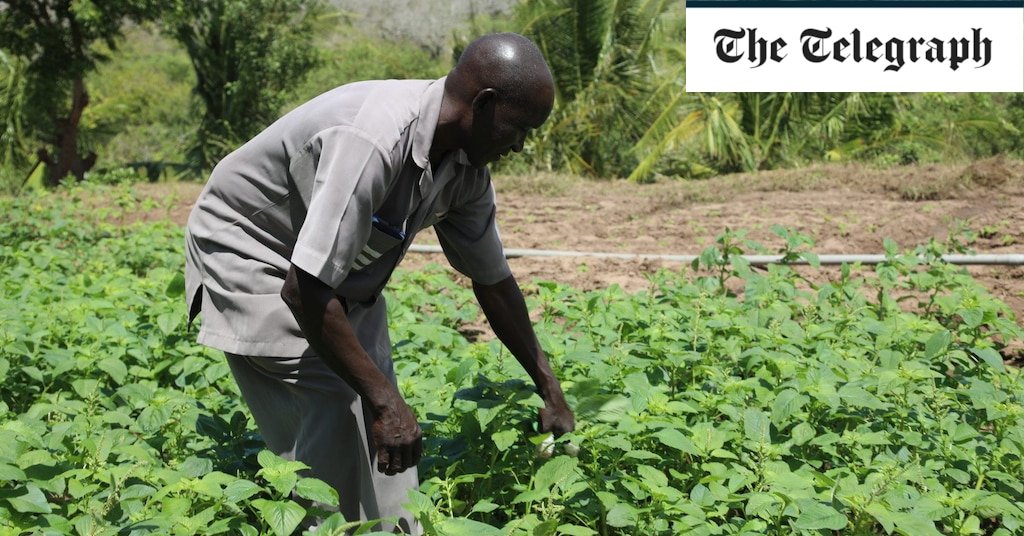
These pre-emptive efforts in Kenya are thought to be a model of how the planet can help to boost food production resilience and reduce the likelihood of famines in the face of more extreme, unpredictable weather caused by manmade climate change.
The Horn of Africa suffered its worst drought for at least 40 years between 2020 and 2023, with six consecutive failed rainy seasons resulting in 36.4 million people going hungry. In Kenya, one of 8 countries in the region, it affected 4.5 million people.
A report by World Weather Attribution, a grouping of scientists connected to the World Meteorological Organization, found that, taking a conservative estimate, the drought was about 100 times more likely due to anthropogenic carbon emissions.
As the threat of climate and food security shocks rises, systems that can detect and respond to them quickly are seen as a key part of the answer.
“Early warning systems are extremely important for many reasons,” says Krishna Krishnamurthy, who wrote a paper for the Global Food Security journal analysing the warning systems in the Horn of Africa. “Acting early is so much more effective.”
Protecting food security
The U.S. Agency for International Development (USAid) has estimated that $163 million (£124 million) in aid could be saved in Kenya, Zambia and Ethiopia every year by making early humanitarian interventions compared with late responses.
A separate report by USAid found that Kenya’s early warning systems have helped significantly improve food security: 500,000 fewer people needed humanitarian aid during severe droughts in 2016 and 2017 compared to similar droughts in 2010 and 2011. A spokesperson for USAid also said that since Kenya’s 2011 drought struck, the response time to such emergencies has reduced from 180 days to 21 days.
Acknowledging the effectiveness of the model, the UN Secretary-General António Guterres set out a goal in 2022 for every person in the world to be “protected from hazardous weather, water, or climate events through life-saving early warning systems” by 2027.
Kenya’s early warning system, which is the culmination of decades of development, is driven by a number of organisations including the NDMA, which was set up in 2010, the Ministry of Agriculture, and the Famine Early Warning System Network (FEWS Net), a USAid-funded body that provides resources and training.

